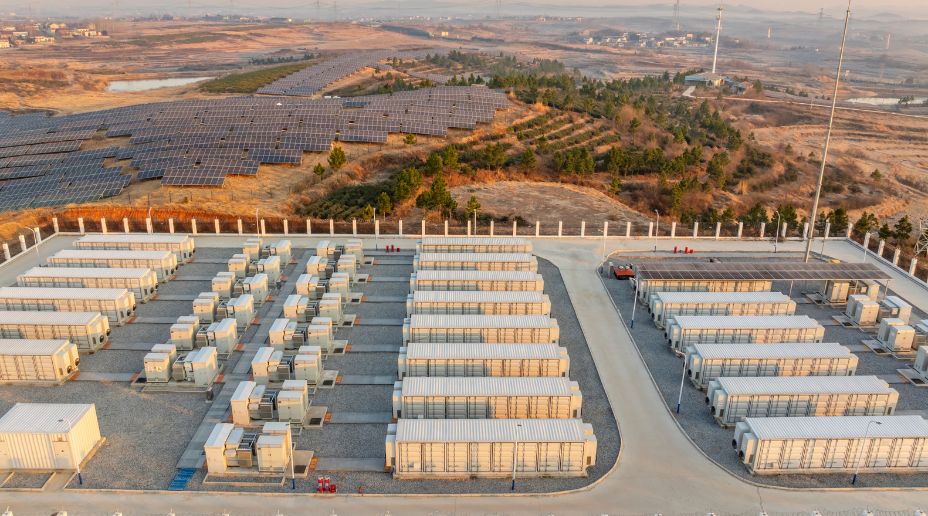How this happens
As the police, plant owners, insurance industry, manufacturers and security companies work continually to make plant theft more difficult, thieves are moving towards targeting hire companies to fraudulently acquire plant.
Some recent criminal activity includes:
- obtaining and cloning details of a genuine company; sometimes an existing customer of yours. Your credit checks are therefore performed on the genuine company which are returned as satisfactory.
- setting up a new account with you but then not making any payments, or making a couple of initial payments to appear honest before absconding with plant.
- providing falsified ‘evidence’ of insurance or employment.
- using pre-loaded credit cards or paying in cash.
- hiring a large quantity of high-value mobile plant at once.
- changing the address of delivery whilst en route.
Who it affects
A common mistake is to think that insurers are the only ones affected by claims, but in reality, the impact often comes back to the policyholders.
It's important to know that theft affects:
- You (the plant hire business)
Equipment values can exceed £100,000 which may have a catastrophic impact on your business if lost. Even if your assets are insured, there are often other implicating costs which may not be recovered from conventional insurance. If you have vital or important plant which isn’t easily replaced, you may have the additional expense of hiring in equipment, or you may lose customers who require specific plant which is no longer available. - Your customers
If their data/details are stolen, or if they hear of other customers of yours having their details stolen, they may choose to hire elsewhere. - Manufacturers
Many reputable manufacturers are working to improve security and to integrate new technology for combatting theft. These additional costs could make their plant more expensive to purchase. - Police/Plant & Agricultural National Intelligence Unit (PANIU)
The police (and their specialist unit PANIU which assists in the identification and recovery of stolen plant) are stretched. Theft has been on the rise since early 2016[1] which is a further strain on resources. Due to cuts, the Metropolitan police’s deputy commissioner has warned "we may have to scale back our response, […] concentrate on the biggest emergencies and "look again at some of our specialisms" in future[2]. - Hire industry
Hire associations and forums have implemented best practice for their members to preserve industry integrity.
What is Allianz doing?
What you can do
You are the first line of defence in preventing a fraudulent hire.
The additional steps below could help:
Take heed and prepare for a theft
- Protect your equipment using integrated trackers that cannot be easily removed or shut off – CESAR scheme or Thatcham Certification. Statistics from PANIU show that CESAR registered plant has a 21% recovery rate[5].
- Retain original purchase invoices, and provide serial numbers to the police when reporting a crime. Getting serial numbers on the Police National Computer will greatly assist in recovery.
- Report the loss to your broker urgently so they can initiate the claims procedures. Be sure to include important details such as:
- Action Fraud is the national reporting centre where you can report if you have been a victim of fraud, attempted fraud or cybercrime (your insurer cannot do this for you).
This guidance is to help reduce the likelihood of you becoming a victim of this type of crime; however, you will need to ensure you meet all the requirements of your insurance policy.
If you have any questions regarding your current insurance cover, please speak to your broker about your options.
References:
1 Crime in England and Wales: year ending March 2018, Office for National Statistics
2 'Scotland Yard warns of policing cuts if budget reduces officer numbers' (30/10/2017), The Guardian
3 CPA Hires - Best Practice (May 2014), Construction Plant-hire Association (CPA)
4 [PDF] 'Avoiding theft from your premises, fraudulent hires and preventative security measures' (presentation), Combined Industries Theft Solutions
5 '2018 Report - Jan to June', PANIU Reports, Construction Plant-hire Association (CPA)






























